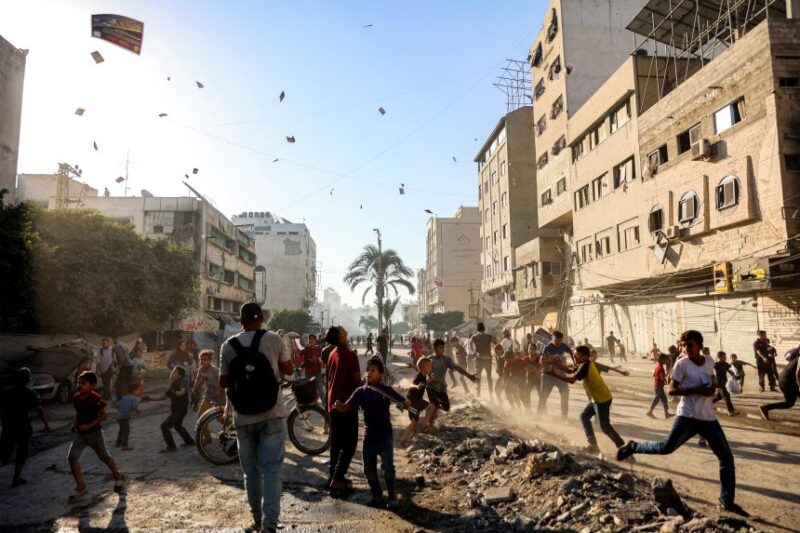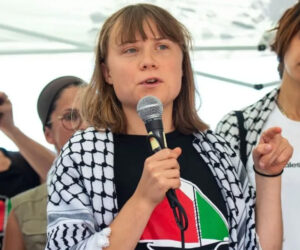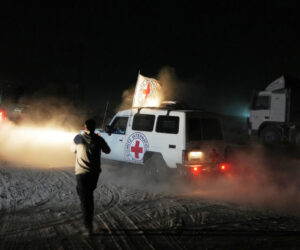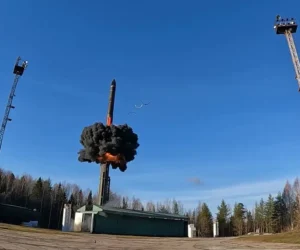At least 40 Palestinians were killed in Israeli air strikes across the Gaza Strip on Friday, local health authorities said, with the majority of casualties reported in Gaza City. Despite Israeli evacuation orders, many residents have remained in the devastated city, saying they have nowhere safe to go.
Israel has declared its intention to seize full control of Gaza City, where about one million people are sheltering, as part of its campaign to eliminate Hamas. Residents said bombardments have intensified in recent days.
“The explosions never stopped since yesterday,” said Adel, a 60-year-old father of two living near the Beach refugee camp. “Many families left their homes and that is what the occupation wants. By these bombardments they are telling people: ‘You either leave your area or die there’.”
Witnesses reported that at least 15 houses inside Beach camp were destroyed, with the Israeli army warning occupants of other homes that strikes were imminent. Medical officials said 14 civilians were killed in a single strike on a house in the Al-Tuwam area in northern Gaza City.
Several other deadly strikes hit southern Gaza, where thousands fleeing the north have sought refuge. Amjad Al-Shawa, head of the Palestinian NGOs Network, estimated that around 10% of Gaza City’s population has left since Israel announced its plan to take control of the area a month ago.
The Israeli army said it is expanding an area in southern Gaza known as “Crossing 147” to increase the flow of humanitarian aid into what it calls a designated humanitarian zone. Once completed, the crossing will accommodate up to 150 trucks a day — three times the current capacity — “with an emphasis on food,” the army said.
However, the U.N. and many foreign governments, including Israel’s traditional allies, have condemned evacuation orders, calling instead for a ceasefire and warning that conditions in the humanitarian zone are dire.
According to Gaza health authorities, Israel’s military assault has killed more than 64,000 people — mostly civilians — while causing widespread hunger, a deepening humanitarian crisis, and reducing much of the enclave to rubble.
Boluwatife Enome
Follow us on:








